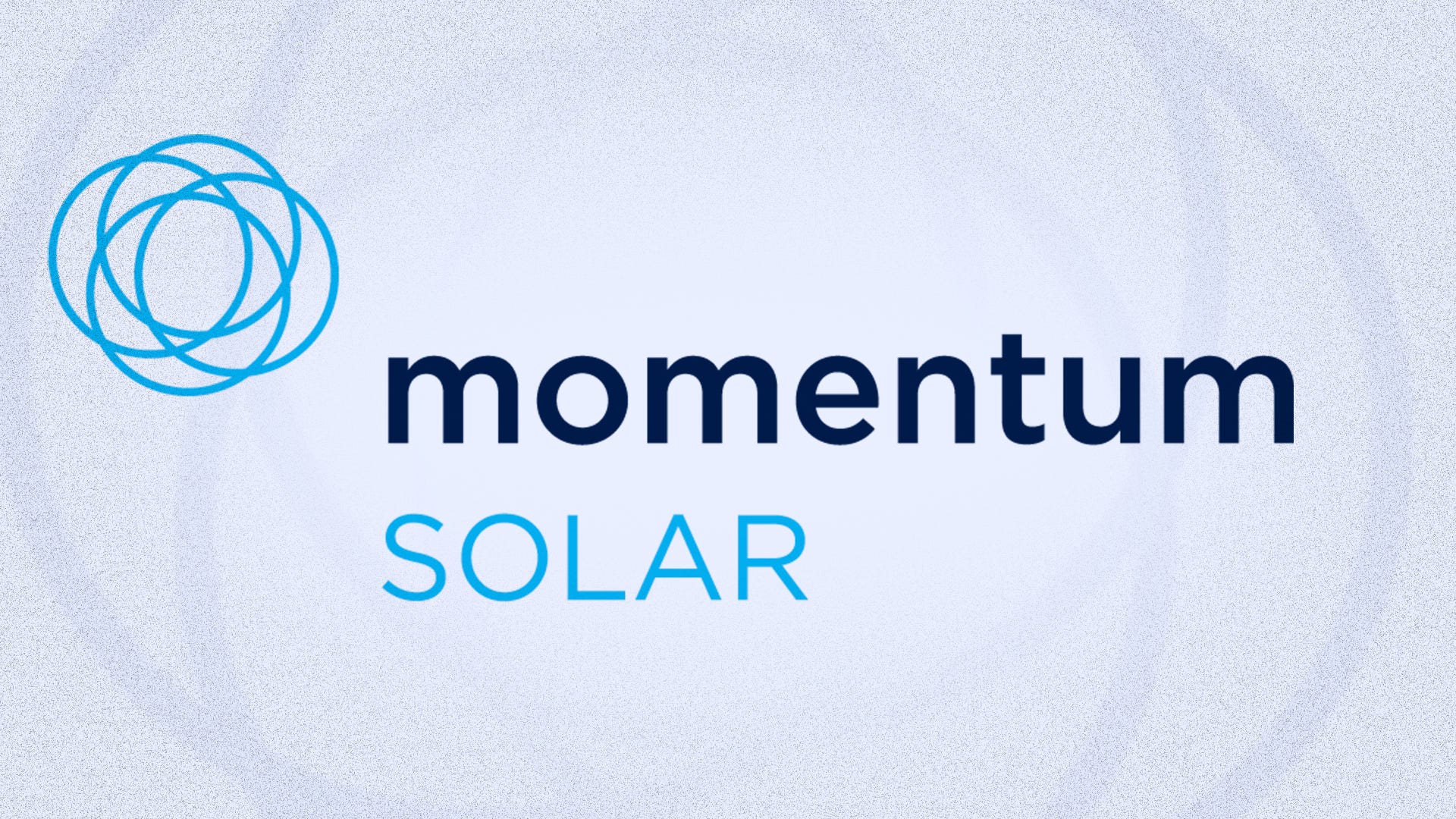Thinking of going solar in Pennsylvania? Don’t just go with the first company to knock on your door or cold call your phone. The wrong choice could leave you stuck with unexpected costs or a nonfunctioning system.
Getting solar panels for your home can be a valuable investment, paying for itself in a matter of years with a steady stream of clean electricity. But a solar panel system can cost tens of thousands of dollars, so you should treat it like any serious home improvement.
We’ve compiled a list of some of the top national companies that install solar panels in the state, along with local companies and some general advice to help you with your decision.
Can solar panels save you money?
Interested in understanding the impact solar can have on your home? Enter some basic information below, and we’ll instantly provide a free estimate of your energy savings.
Best national solar companies in Pennsylvania
There are over 400 solar companies in Pennsylvania, including 198 installers. Some of the best solar companies CNET found in its research of the larger providers, like SunPower and Palmetto, do business in Pennsylvania, although you’ll find plenty of local providers as well.

If you’re looking for top-of-the-line solar panels, SunPower is you best choice. But don’t write them off if you’re looking for a less flashy installation that will get the job done. This year it started installing Qcells panels, which should make an installation from the longest-tenured company on our list more available to more people.

Momentum installs in 11 states without using subcontractors. While using in-house installers doesn’t guarantee a better experience, it does suggest you’re likely to get a more uniform experience from them. The fact that Momentum backs its installations with a 25-year workmanship warranty hints at a strong belief in their crews’ ability. If Momentum is part of your search, consider the warranties against leaks that other companies offer. Momentum’s is five years, which can be beat.
Local solar panel companies in Pennsylvania
How to determine which solar company in Pennsylvania is best for you
As with choosing a contractor, you’ll need to do plenty of research and get multiple quotes before you settle on a solar installer. Here are a few tips we’ve gathered from experts to help you make your choice:
- Understand your local solar incentives.
- Read a solar company’s reviews and complaints.
- Talk to neighbors who have solar panels.
- Check that a company has the right licenses and certifications.
- Get multiple quotes and compare the prices and offerings.
- Ask the installer questions.
Average cost of solar panels in Pennsylvania
Here’s a look at the average cash price for a 5-kilowatt system before factoring in tax credits incentives, according to data from FindEnergy.com. But your system might become more expensive if you choose to include solar batteries or additional equipment in your purchase.
Pennsylvania solar panel costs
Pennsylvania solar panel incentives and rebates
Solar is still a considerable investment, even with lower prices, the federal solar tax credit and state incentives. The Clean Energy Credit allows you to claim 30% of the cost of a solar system from your federal income taxes. The 30% Clean Energy Credit applies to systems installed between 2022 through 2032. The credit drops to 26% in 2033 and 22% in 2034 and expires in 2035.
You can complete and submit form 5695 (PDF) to the IRS to receive the Clean Energy Credit. Follow the IRS instructions on how to complete this form. After your paperwork is authorized, you will receive your solar savings in credit when you submit your federal tax return for the year.
Pennsylvania provides two additional incentives to spur residential solar development.
Pennsylvania solar incentives
How to pay for solar panels in Pennsylvania
There are different ways you can pay for solar panels in Pennsylvania. Each one has its benefits and downsides.
Cash: Buying a solar system outright gives you full ownership, and you don’t need to deal with monthly interest payments or loan fees — but purchasing in cash comes with a high upfront cost. However, the residential clean energy credit, a federal solar tax credit program, can significantly lower it (more than that below).
Solar Loan: The benefit of using a loan is you don’t need to pay a hefty upfront cost like paying with cash. But loans come with interest and other associated fees, which add to the total cost of solar.
Home equity: You don’t have to use a loan from your solar company. Financial institutions offer home equity loans and lines of credit (or HELOCs) that are commonly used for home improvement projects. These loans can be used for basically any purpose, and they may be a good fit for your solar project. Shop around and make sure you’re getting the best deal.
Personal loan: You can also borrow the money through a personal loan. The main difference between a personal loan and a home equity loan is that a personal loan is typically unsecured. That means your house isn’t at risk. The downside is they tend to have shorter terms and higher interest rates than home equity products.
Leasing: With leasing, a solar developer installs solar panels on your home and charges you a fixed monthly rate (think of it as paying rent) for using the power generated by the panels. Since the developer owns the panels, you wouldn’t be eligible for any tax and other incentives. All the incentives go to the developer.
Power purchase agreement: It’s similar to leasing but different. Under a power purchase agreement, you pay a fixed price per kilowatt-hour (a unit of energy measured as one kilowatt of power for one hour) for power produced by the panels. Like solar leasing, the company providing you energy through a power purchase agreement owns and maintains solar panels and receives all incentives.
While going solar isn’t cheap up front, owning a solar system through purchasing or taking out a loan is the most cost-saving option in the long run. The average payback period is six to nine years if you purchase your panels. However, solar panel ownership isn’t feasible for everyone. If you can’t buy or finance a solar system, your roof doesn’t have enough space for solar panels, or you rent your home, entering a solar lease and power purchase agreement could be other alternatives to go solar.
Read more: Want something smaller than a whole-home solar system? See our picks for the best portable solar panels and solar generators.
The companies we listed above as “the best” are curated from CNET’s best solar companies list. Companies making the best list are scored on the equipment, warranties and customer service they offer. Then, we make sure these recommendations are available in your state. You can read a full breakdown of how we review solar companies here.
Companies listed under the local installers were chosen in a less rigorous way. We chose them because they offered something unique or notable to customers in the state, they seemed well-regarded by internet reviewers or because they were one of the few installers we could find information on in the state.
Whether we’ve completed a full review on a company or not, it’s always a good idea to get multiple quotes from different installers before choosing a company.


